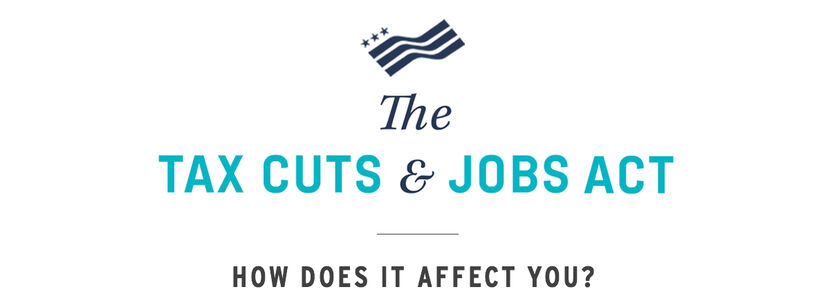
Updated December 6, 2018.
Although we’re all busy with work, family, and the joys and challenges of everyday life, we are a year in to living in a world with a new tax plan, and this is no time to ignore the necessity of reviewing your estate plan. As a result of significant changes in the tax law, once-appropriate tax planning incorporated into your current Will may now cost your family time, money, and frustration.
For decades, estate planners created Wills that were designed to avoid the estate tax. Typically, an amount equal to your estate tax exemption (the amount that can pass to your family without being subject to estate tax) would be directed into a trust (a “Credit Shelter Trust”), with all other assets directed to a trust for the surviving spouse (a “Marital Trust”).

This type of planning was appropriate for so many families at a time when the estate tax exemption was $600,000, but under current law, each individual can now leave $11.18 Million to his family without estate tax. While the Credit Shelter/Marital Trust still has its place in certain situations, the new tax plan has rendered it inappropriate for most families. Consider the following:
If your estate is worth less than $11 Million, you may be missing out on income tax planning because of estate tax planning that you don’t need.
When someone dies, the assets in his or her estate (real estate, stocks, etc.) receive a step-up in basis to their fair market value on the date of death. This means the heirs can sell those assets immediately without owing any capital gains tax. When a credit shelter trust is funded, its assets will have this stepped-up basis, but when a surviving spouse later dies, those assets will not receive a step-up in basis again, resulting in an almost-certain tax bill. At a time when the estate tax affected many Americans, the risk of owing capital gains tax was worth taking in order to avoid the hefty estate tax, but now that each person can leave over $11 Million to his family without estate tax, there may be no reason to form a Credit Shelter Trust and miss out on the opportunity to avoid capital gains tax.
Are you remarried with children from a prior marriage?
If so, and you have a Will that includes Credit Shelter and Marital Trusts, your Will may inadvertently result in your children receiving your entire estate, with your spouse receiving nothing. If your Estate Tax Exemption amount is directed into a trust for your children from your first marriage, with all other assets directed to a trust for your current spouse, and your total estate is worth less than $11 Million, your children will receive everything and your spouse will receive nothing.
The increase in estate tax exemptions and other new aspects of the tax law now make it possible for your attorney to provide you with estate planning documents that provide a wait-and-see approach for tax planning. This new structure is designed to move with the tax laws and provide maximum flexibility in minimizing or eliminating all types of taxes that might otherwise be due after you pass.
Contact your Cohen Pollock Merlin Turner attorney today to determine if the tax structure in your Wills needs to be updated.



